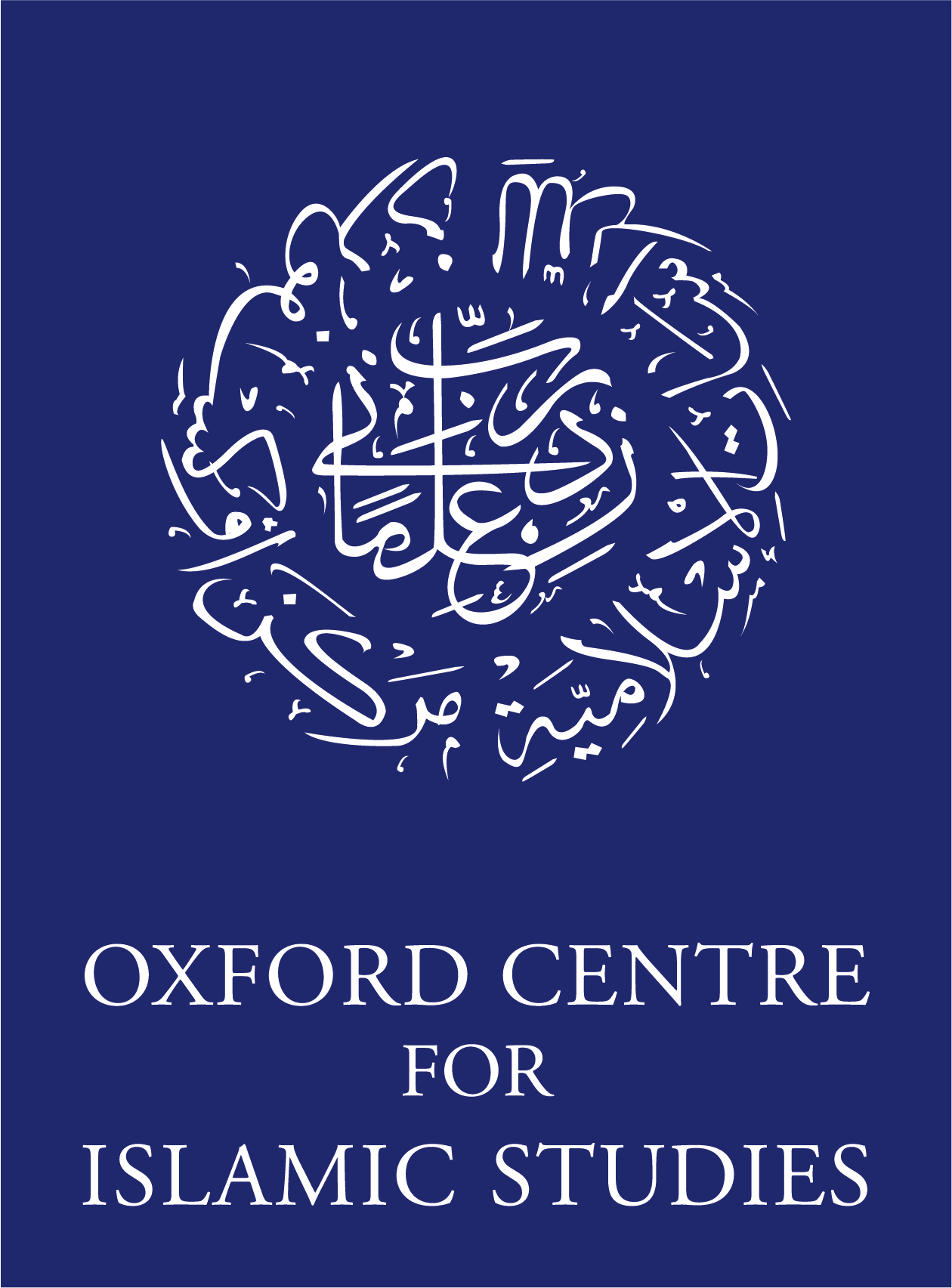Alchemical Interpretations of the Qur’an in the Shudhūr al-dhahab (Shards of Gold) and its Commentaries
Beside the codenames and esoteric symbols inherited from Graeco-Egyptian antiquity, the later Arabic alchemical tradition also adopted motifs drawn from the Qur’an: from the blessed olive tree of the famous Light verse to the burning bush and Moses’ staff. This interweaving of scripture and alchemical theory is especially noticeable in one of the major works in the post-Jābirian corpus, the Shudhūr al-dhahab (Shards of Gold) by the Moroccan poet Ibn Arfaʿ Raʾs (d. 593/1197), as well as in the body of commentaries to which it gave rise. But was the use of such motifs simply a literary device or did Ibn Arfaʿ Raʾs and his commentators claim to discern a hidden alchemical meaning embedded in the Qur’anic text? Focusing on this unexplored strand of the Islamic exegetical tradition, this paper examines the premises put forward by Muslim alchemists in support of an alchemical reading of scripture.
Since completing his doctorate at the University of Oxford, Richard Todd has taught classical Arabic literature and Islamic cultural history at Durham University, the American University of Sharjah, and the University of Edinburgh. In 2017 he joined the School of Philosophy, Theology and Religion at the University of Birmingham, where he teaches Islamic philosophy. He is the author of The Sufi Doctrine of Man: Ṣadr al-Dīn al-Qūnawī’s metaphysical anthropology (Brill 2014) and co-edits the Taylor & Francis journal Islam and Christian-Muslim Relations. His current publication projects include the forthcoming monograph, A History of Arabic Alchemy.
This seminar will be held at the Oxford Centre for Islamic Studies, Marston Road.
